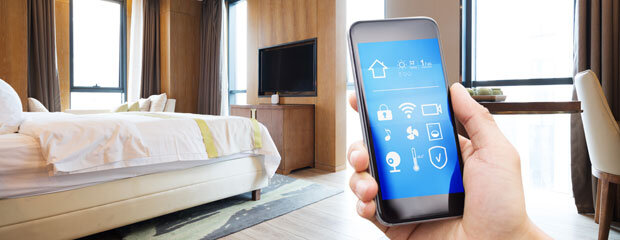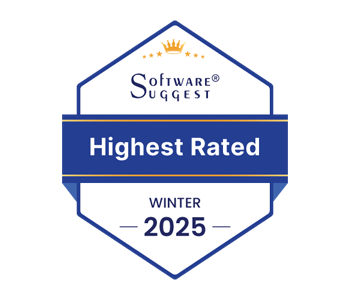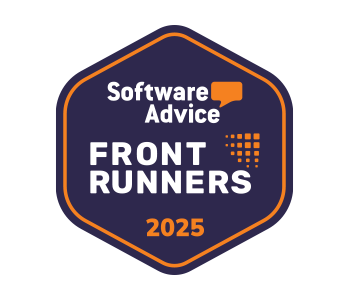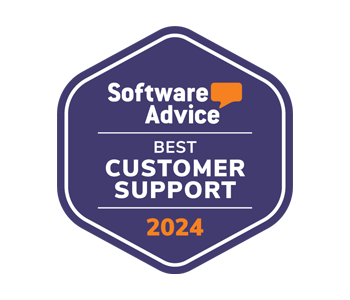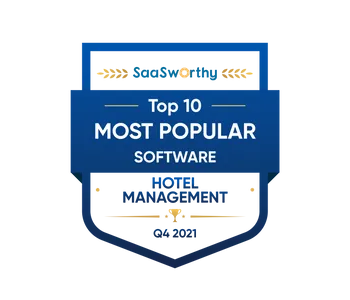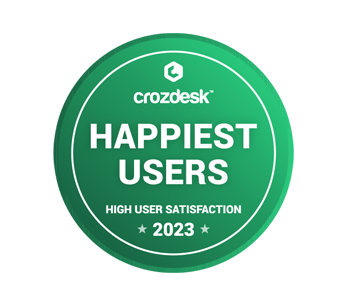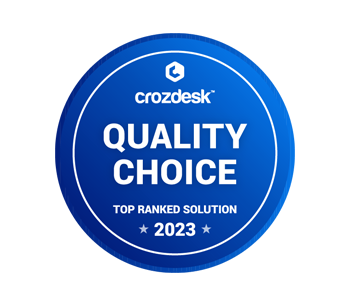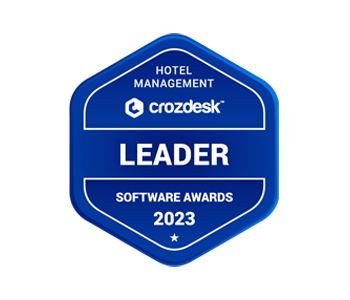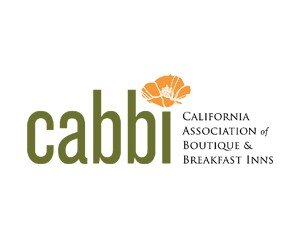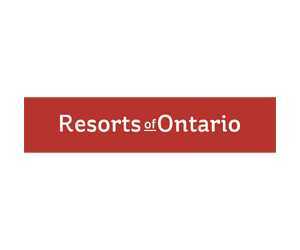The world has been a strange and scary place lately as we battle COVID-19, but as our combined efforts to beat the virus are starting to prove effective, we can look ahead with optimism and prepare for a more positive future. When it comes to hotel tech innovations, there’s much to be excited about.
It doesn’t seem like that long ago we were writing about futuristic hospitality technology like mobile keys, mobile concierge apps and robot butlers. While still exciting, such innovations are no longer almost within reach—they are already in the grasp of hotels today, on their way to becoming mainstream.
So, what does the future of tech look like for hotels beyond 2020? Technology is moving at such breakneck speed that we’re sure it won’t be long before the below advancements are also within reach of both global brands and independent hoteliers. But for now, here’s a glimpse into the kind of hotel tech innovations we can all look forward to in the not-too-distant future.
Super Smart Rooms
Imagine a hotel room that can be accessed by biometric data, such as a fingerprint or facial scan, and pre-programmed with default preferences, from your ideal room temperature setting to your favourite music playlist. A voice-activated digital assistant like Alexa for Hospitality heeds your commands to close the drapes, turn on the lights, order room service and set a wake-up call. Smart mirrors and windows can display hotel information, your social media feed, or transform your real inner-city surroundings to virtually real views from the highest peak. It’s all possible with the digital connectivity afforded by IoT (Internet of Things) technology.
While we haven’t quite reached the level of the above experience in its entirety, smart room systems that control temperature, lighting and entertainment from a mobile device or smart speaker already exist, as do biometric access control systems and smart glass technology. Hotel research labs like Marriott’s Innovation Lab are currently working on how to bring such technology together to create the kind of seamless guestroom ecosystem that today most of us can still only dream of.
AI-powered Sales & Marketing
The concept of artificial intelligence (AI) and machine learning has lost a bit of the intrigue and apprehension that came with its once sci-fi allure. Now, far from fiction, AI is an everyday reality, powering email spam filters, credit card fraud detection, your Facebook news feed, online search and shopping recommendations, virtual voice assistants like Siri and Alexa… the list goes on.
As well as facilitating exciting smart room innovations, AI and machine learning promise a new level of sales and marketing personalization that will deliver exactly what every customer wants, where and when they want it. From intuitive customer service chatbots that recognize customers, to hyper personalized messaging, to sophisticated online booking experiences tailored to each customer and powered by voice command, AI will automate marketing communications and drive distribution and revenue management strategies to a degree we have not yet witnessed. Through the consolidation of data (more on that next) and advanced analytics, AI has the potential to create a “living, breathing” sales and marketing system that is constantly learning and adapting to your customers, automatically delivering the right messages at the right time, through the right channel, to generate more revenue. Next-gen CRM platforms like Cendyn and Revinate are ones to watch in this space.
Integrated Everything
Key to the innovations mentioned above, data integration is the foundation upon which both personalization and automation depend. The various systems in a hotel’s tech stack—including the property management system (PMS), point-of-sale (POS) system, CRM, revenue management system, payment gateway, and online distribution systems—all process and collect data. Until relatively recently, the data contained within these separate solutions could not be easily unlocked and shared between systems, resulting in a data disconnect that impeded both efficiency and guest service. Now, with the widespread adoption of cloud-based hotel technology, things have changed.
Modern hotel tech solutions utilize cloud APIs (Application Programming Interfaces) to facilitate fast, inexpensive system integration that consolidates data between systems, resulting in smarter technology that automates previously manual tasks and provides deeper business insights. With the PMS at the core, direct connections to distribution channels, POS systems, payment gateways, CRM platforms, revenue management systems, etc. help to streamline operations and elevate the guest experience.
Upon the implementation of cloud systems, hoteliers quickly caught on and have been embracing the benefits of system integration for years already. So, what’s next? Imagine an online marketplace where hotels can select and implement software at the tap of a button for instant, frictionless and easily scalable tech integration that empowers hotels to discover their perfect combination of technology. Such fluidity will allow hoteliers to evolve and innovate along with technological advancements, market changes and shifting guest expectations, to maximize efficiency and revenue at all times.
Technology moves at lightning speed, but the hospitality industry is catching up. Modern hotel tech is key to operational efficiency, the guest experience, and remaining relevant in a competitive and evolving market. Make sure you’re prepared for the future by keeping your finger on the pulse of hotel tech innovation and how it can help you understand and meet the ever-changing expectations of your guests.
